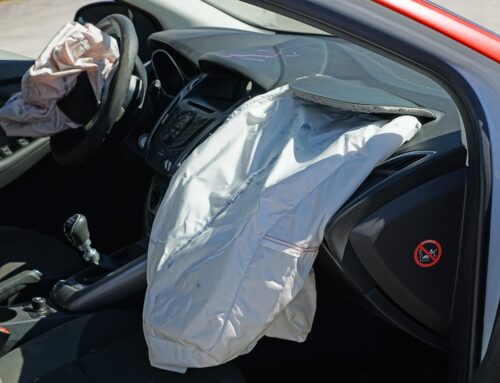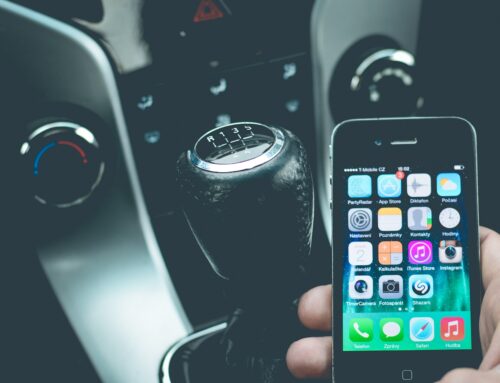When purchasing auto insurance in Florida, many drivers focus on meeting the state’s minimum legal requirements—typically Personal Injury Protection (PIP) and Property Damage Liability (PDL). However, if you want more robust protection for your vehicle, it’s essential to understand the difference between comprehensive coverage and collision coverage, two types of optional policies that can offer critical financial protection in the event of unexpected accidents.
At Anderson and Associates Insurance Group, we believe informed decisions lead to better coverage. So let’s break down what these coverages mean, how they differ, and whether you really need both.
What Is Collision Coverage?
Collision coverage helps pay for damage to your vehicle resulting from a collision with another vehicle or object, regardless of who was at fault.
Some examples of when collision coverage applies include:
- You rear-end another car at a traffic light.
- You hit a tree, fence, or utility pole.
- Your car flips over in a single-vehicle accident.
- You’re involved in a hit-and-run incident.
Collision coverage is especially valuable if you’re driving a newer or high-value vehicle. Without it, you’d have to pay out of pocket to repair or replace your car after an accident—even if the accident was someone else’s fault and they’re uninsured.
What Is Comprehensive Coverage?
Comprehensive coverage, on the other hand, protects your vehicle from damage caused by incidents other than a collision.
Some examples of when you may need collision coverage include:
- Theft or vandalism
- Fire or explosion
- Natural disasters (hurricanes or floods)
- Falling objects (like tree limbs)
- Animal-related accidents (such as hitting a deer)
- Broken windshields or glass damage not related to an accident
Living in Florida, where hurricanes and unpredictable weather events are common, comprehensive coverage can provide much-needed peace of mind.
Do You Need Both Collision and Comprehensive Coverage?
Technically, Florida does not require either comprehensive or collision coverage to legally drive. However, if you’re financing or leasing your car, your lender will almost certainly require both to protect their investment.
Even if you own your vehicle outright, there are several reasons why you might want to carry both:
Protect Your Investment: If your car is newer, high-value, or difficult to replace, both coverages help protect against significant repair or replacement costs.
Florida-Specific Risks: In a state known for hurricanes, flooding, and a high rate of uninsured drivers, having full coverage helps you stay protected in more scenarios than the basic minimum coverage.
Financial Security: Without comprehensive or collision coverage, you’re responsible for paying for repairs—or buying a new car—out of pocket. That can be financially devastating if the damage is severe.
Peace of Mind: Full coverage allows you to drive without constant worry about what might happen if you’re in an accident or your vehicle is damaged or stolen.
How Much Do These Coverages Cost? The cost of comprehensive and collision coverage depends on several factors, including your vehicle’s information, your driving record, your city, and your deductible choices.
Opting for a higher deductible can lower your monthly premium but will increase your out-of-pocket expenses if you file a claim. At Anderson and Associates Insurance Group, our agents can help you strike the right balance between affordability and adequate protection.
Is Extra Coverage Worth It?
While it’s tempting to stick with the state minimum to save money, the cost of repairing or replacing a vehicle after an accident or natural disaster can far exceed the savings. Comprehensive and collision coverage provide valuable financial protection that goes beyond the basics, making them a smart choice for many Florida drivers.
If you’re unsure which coverages are right for your vehicle and lifestyle, Anderson Insurance Group is here to help. Our experienced team will walk you through your options and customize a policy that protects what matters most—without overpaying for what you don’t need.
Contact us today to review your Florida auto insurance coverage and see how you can drive with greater peace of mind.










